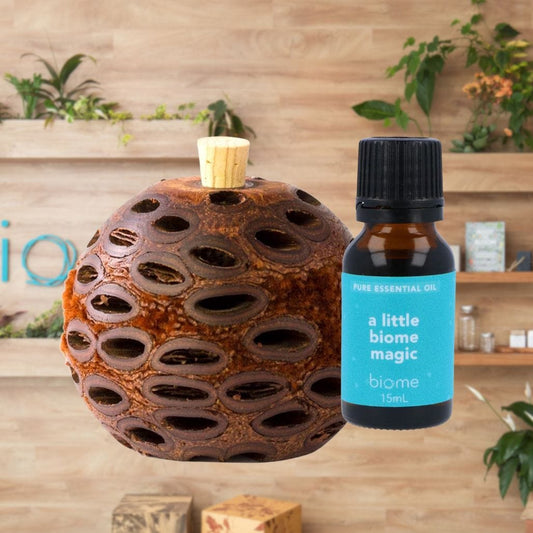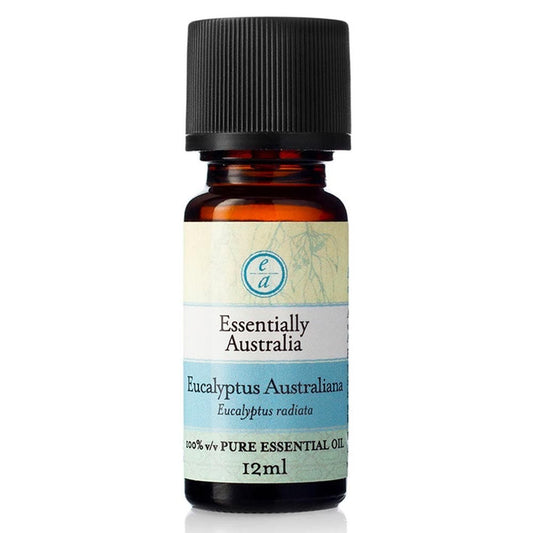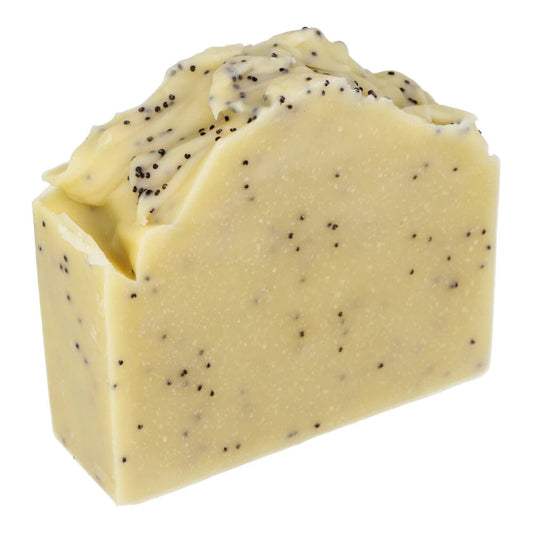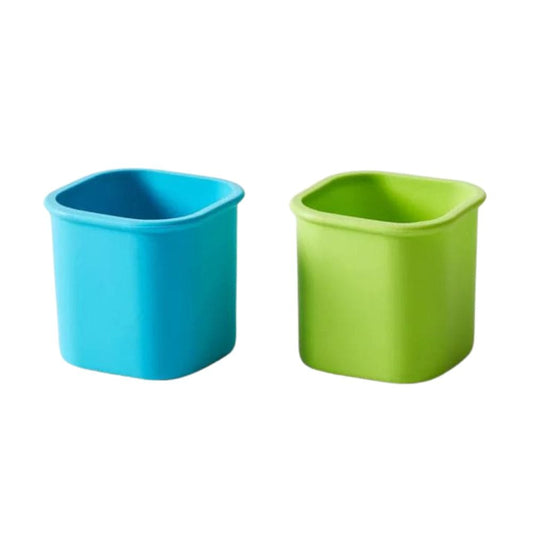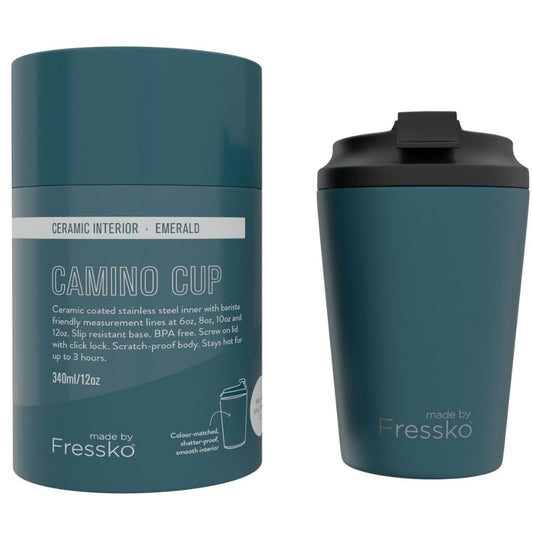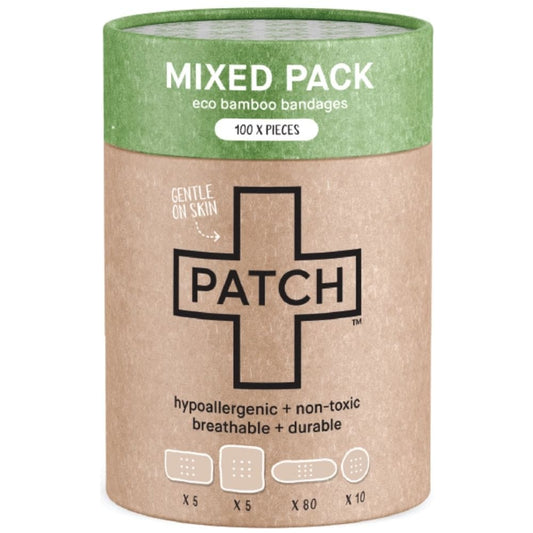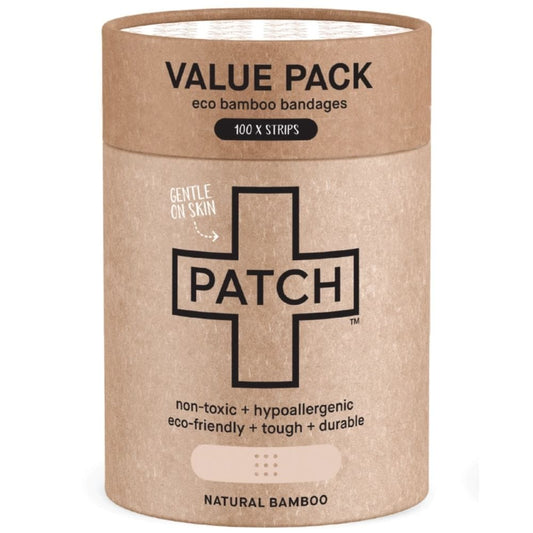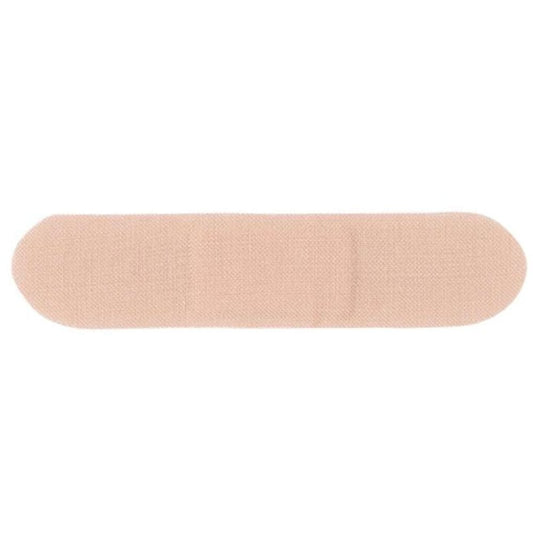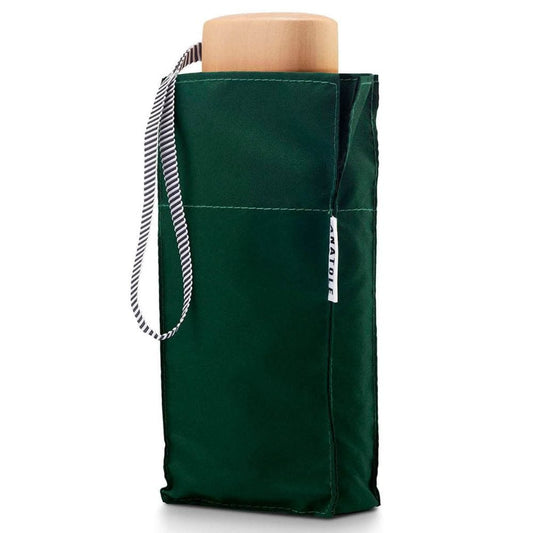Is vegan meat better for the environment?

Whether you're a concerned meat eater just trying to understand why people avoid animal products, or perhaps you're considering giving it a go yourself. We'd like to answer a few questions around the topic of vegan meat and the environment.
Table of Contents
Why do vegans eat fake meat? What are some of the primary health concerns with vegan meat? Is vegan meat better for the environment? Palm Oil in Vegan Meat The Take Away
Why do vegans eat fake meat?
The obvious reason is commonly due to the fact that they don't want to consume meat products - but to delve a little deeper than that, it's the question of the motive behind not eating meat products.
Bad Experience
Some people either had a guest speaker at school expose them to the unethical practices of farming at an early age. Others may have experienced the death of a loved animal or seen a movie that inspired or motivated them to become vegan or vegetarian.
Environmental
Some people have been taught either by teachers, parents or friends about the environmental repercussions of the meat industry. The truth is it will be impossible for every single human on planet earth to cut meat out of their diet completely, but a decrease is a step in the right direction and enough to spark a movement potentially restoring the sustainability of eating meat.
Unapproving of the Taste
For some, it may be as simple as disliking the taste. Everyone's taste buds are different, and sometimes, they just don't take to the compounds and flavours commonly associated with meat products. If this is the reason for not eating meat, it's uncommon for people to resort to fake meat as it's purpose is to replicate taste and texture.
Ethics
For many, buying or eating meat is financially aiding and abetting the livestock industry that is infamously renowned for its lack of ethics. From caged farming, living pluckings, chemically supplementing, live transports and/or inhumanly slaughtering, the livestock industry certainly hasn't got the animal's best interests at heart.
What are some of the primary health concerns with vegan meat?
Lack B12

Humans need B12 to create red blood cells, brain and nerve cells. People who eat meat get their B12 from beef, but people who don't, usually resort to supplements. Without these supplements, you could be exposed to the following symptoms;
- Fatigue
- Diarrhea
- Nerve damage
- Loss of vision
- Depression
Lack of Protein
A lack of protein can be counterbalanced with an increase in
vegan sources high in protein such as greens, nuts and legumes. It's important to have a mix of different vegan proteins as too many legumes can lead to an influx of anti-nutrients, preventing the absorption of other macronutrients, vitamins, and minerals.
Less Omega 3
Fatigue, poor memory,
dry skin, heart problems, mood swings or depression, and poor blood flow are all signs of omega-3 fatty acid insufficiency. It is critical to have the correct ratio of omega-3 and omega-6 (another important fatty acid) in one's diet. Vegan products with Omega 3 fatty acids
- Walnuts
- Seaweed
- Canola Oil
- Edamame
- Chia Seeds
- Kidney Beans
Read more
Zinc Deficiency
As mentioned above, the increase in anti-nutrients can prevent an individual with a zinc deficiency; such a condition can cause nausea, vomiting, loss of appetite, abdominal pain, diarrhea, and headaches.
Are vegans more healthy than meat-eaters? While there are risks with a vegan diet if one supplements correctly and adopts a balanced diet to consume the correct amount of vitamins and minerals, it is entirely safe. It's also important to point out that there are various
health concerns associated with eating meat.
Is vegan meat better for the environment?

Vegan meat is better for the environment because it requires less land mass for production, less water consumption, and expells less greenhouse gases. But let's look a little further.
Land Mass
Live stock requires 40% - 90% more land than other agricultural means of production. If the world were to surrender its land occupied by livestock, it would free up a portion of land mass the same size as the European Union. Improperly fertilised land pollutes a total area of more than 245,000 km2, creating introduced species and bacteria harmful to the ecosystem.
Green House Gas Emissions
The livestock industry gives up 14 % of the world's greenhouse gas emissions. Not far off the 27 % from the transport industry. A team of scientists at
Carbon Brief conducted a study that found humans could cut food-related emissions by 61 percent if they turned to plant-based products Dr Sonja Vermeulen, a global food scientist at
WWF, said that reducing meat consumption and focusing on a plant-based diet has the potential to create the same impact as all countries around the world signing up to a 100 % zero-emission car strategy.
Water Consumption

The livestock industry uses 29 % of the total water taken to fuel the agricultural industry; considering the number of nuts, fruits, vegetables, grains, seeds and every other product that requires water, 29 % is very substantial. It takes 15,500 litres ever year to raise a cow to slaughter. And 4,387 km3 of water to supply the world's livestock industry every year. A cubic kilometre is ALOT of water. The
Beyond Meat Burger, for example, uses 99 % less water and 93 % less land than a traditional burger,
according to researchers at the University of Michigan. It also generates 90 % fewer green gas emissions and requires 46 % less energy. IMPORTANT** while vegan meat is much more sustainable than animal-based products that are known for using palm oil. But what's wrong with palm oil?
Palm Oil in Vegan Meat

Palm oil is an edible oil from the fruit of the African oil palm, and its use is growing rapidly due to its versatility, high yield, and low cost. Palm oil monoculture is responsible for immense deforestation, carbon emissions from peat lands, fires, animal deaths and human rights abuses in Indonesia and Malaysia – called "conflict palm oil". Palm oil is a hidden ingredient in almost every way it is used:
food, cleaning products, makeup, body care, and biofuels. If you're thinking of
going vegan or decreasing your meat intake, It's imperative to find products that don't use palm oil as a compromise to increase profit margins. The fact of the matter is that there are many sustainable oil alternatives.
The Take Away
So is vegan meat better for the environment? As a whole, yes, but it's important to be cautious with the ingredients. There are still a few companies selling vegan products cutting corners and impacting the environment just to maximise profit margins.
 Whether you're a concerned meat eater just trying to understand why people avoid animal products, or perhaps you're considering giving it a go yourself. We'd like to answer a few questions around the topic of vegan meat and the environment.
Whether you're a concerned meat eater just trying to understand why people avoid animal products, or perhaps you're considering giving it a go yourself. We'd like to answer a few questions around the topic of vegan meat and the environment.
 Humans need B12 to create red blood cells, brain and nerve cells. People who eat meat get their B12 from beef, but people who don't, usually resort to supplements. Without these supplements, you could be exposed to the following symptoms;
Humans need B12 to create red blood cells, brain and nerve cells. People who eat meat get their B12 from beef, but people who don't, usually resort to supplements. Without these supplements, you could be exposed to the following symptoms;
 Vegan meat is better for the environment because it requires less land mass for production, less water consumption, and expells less greenhouse gases. But let's look a little further.
Vegan meat is better for the environment because it requires less land mass for production, less water consumption, and expells less greenhouse gases. But let's look a little further.
 The livestock industry uses 29 % of the total water taken to fuel the agricultural industry; considering the number of nuts, fruits, vegetables, grains, seeds and every other product that requires water, 29 % is very substantial. It takes 15,500 litres ever year to raise a cow to slaughter. And 4,387 km3 of water to supply the world's livestock industry every year. A cubic kilometre is ALOT of water. The Beyond Meat Burger, for example, uses 99 % less water and 93 % less land than a traditional burger, according to researchers at the University of Michigan. It also generates 90 % fewer green gas emissions and requires 46 % less energy. IMPORTANT** while vegan meat is much more sustainable than animal-based products that are known for using palm oil. But what's wrong with palm oil?
The livestock industry uses 29 % of the total water taken to fuel the agricultural industry; considering the number of nuts, fruits, vegetables, grains, seeds and every other product that requires water, 29 % is very substantial. It takes 15,500 litres ever year to raise a cow to slaughter. And 4,387 km3 of water to supply the world's livestock industry every year. A cubic kilometre is ALOT of water. The Beyond Meat Burger, for example, uses 99 % less water and 93 % less land than a traditional burger, according to researchers at the University of Michigan. It also generates 90 % fewer green gas emissions and requires 46 % less energy. IMPORTANT** while vegan meat is much more sustainable than animal-based products that are known for using palm oil. But what's wrong with palm oil?
 Palm oil is an edible oil from the fruit of the African oil palm, and its use is growing rapidly due to its versatility, high yield, and low cost. Palm oil monoculture is responsible for immense deforestation, carbon emissions from peat lands, fires, animal deaths and human rights abuses in Indonesia and Malaysia – called "conflict palm oil". Palm oil is a hidden ingredient in almost every way it is used: food, cleaning products, makeup, body care, and biofuels. If you're thinking of going vegan or decreasing your meat intake, It's imperative to find products that don't use palm oil as a compromise to increase profit margins. The fact of the matter is that there are many sustainable oil alternatives.
Palm oil is an edible oil from the fruit of the African oil palm, and its use is growing rapidly due to its versatility, high yield, and low cost. Palm oil monoculture is responsible for immense deforestation, carbon emissions from peat lands, fires, animal deaths and human rights abuses in Indonesia and Malaysia – called "conflict palm oil". Palm oil is a hidden ingredient in almost every way it is used: food, cleaning products, makeup, body care, and biofuels. If you're thinking of going vegan or decreasing your meat intake, It's imperative to find products that don't use palm oil as a compromise to increase profit margins. The fact of the matter is that there are many sustainable oil alternatives.


